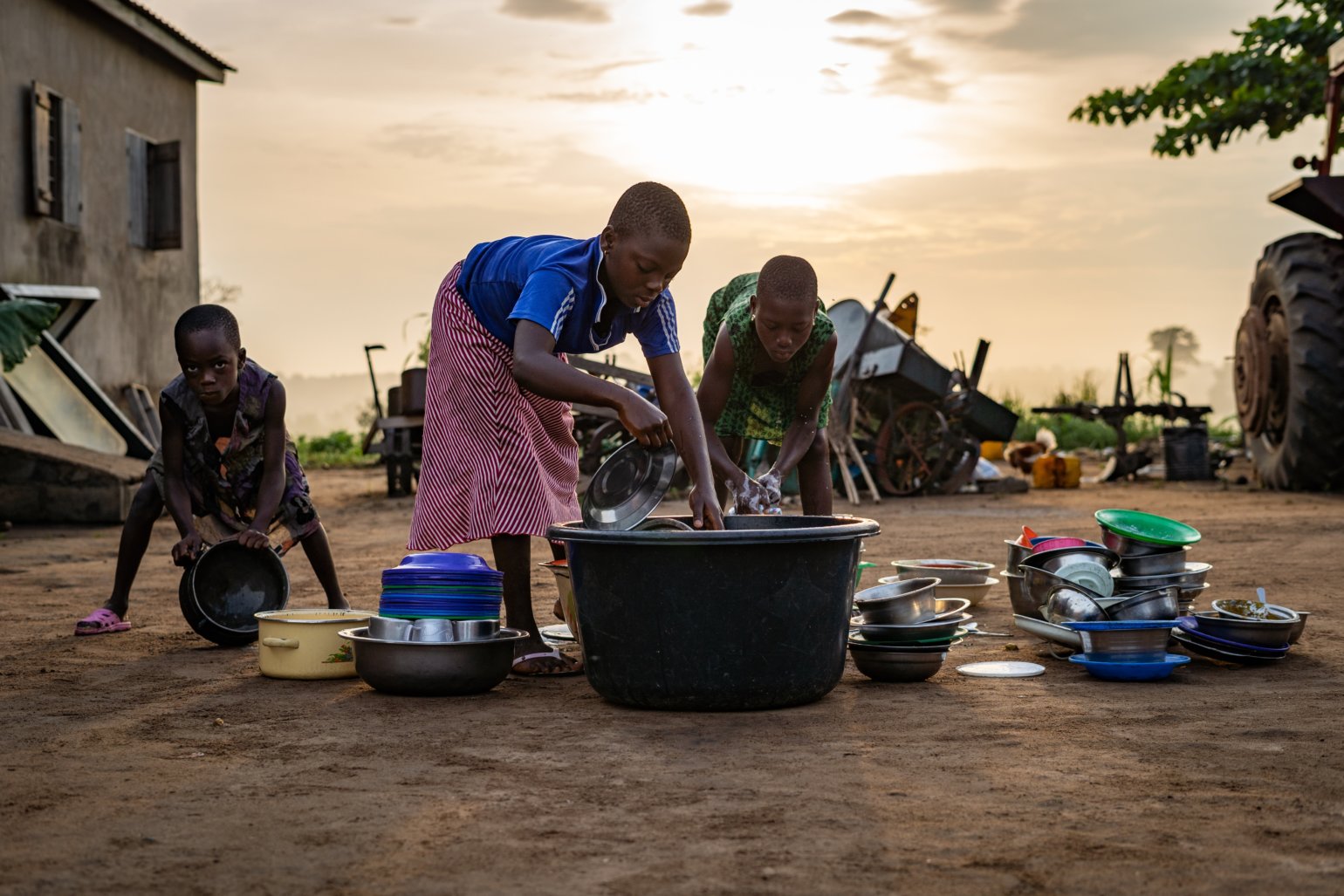Multidimensional poverty and poverty dynamics

Poverty reduction has never been more prominent on international research and global policy agendas. To reflect the vibrancy of conceptual, methodological, empirical and policy debates around the persistence of poverty, the group has two strands.
The first strand addresses questions relating to the meaning and measurement of poverty, the conceptualization of poverty, and the social reproduction of poverty over time. Areas include multi-dimensionality in poverty, the intergenerational transfer of poverty, social exclusion, and alternative conceptualisations of poverty, such as the Sen/Nussbaum Capability Approach, and wellbeing approaches.
In relation to methodology, the group will take a critical look at the assessment of poverty using:
- ordinal variables
- understanding deprivations from longitudinal perspectives
- impact evaluations of poverty interventions
- global-national-local-individual interfaces
- subjective and relational aspects of poverty, and
- mixed methods research designs.
The group does not focus on a particular age group, but looks at poverty across the life course. This encompasses the intersectional experiences of children and elderly people as well as working age adults.
The second strand addresses questions relating to the policy process and objectives. These include reflections on how poverty debates or frameworks for development and poverty reduction have influenced policy and whether these have been successful or not. For example, to what extent do the SDGs offer a new framework for understanding development and addressing development challenges? What gaps are there in the SDGs? What steps should be taken to achieve the SDGs? In addition, this strand includes country- or context-specific policy responses to multidimensional poverty, such as social protection, or factors associated with or leading to multidimensional poverty, such as migration, urbanisation and psychosocial wellbeing.
The aim of the group is to bring together people working on poverty across the global North and South using a range of conceptual and methodological approaches. In doing this it will contribute to contemporary debates and share multi-disciplinary research on understanding, measuring, and reducing poverty.
Convenors
- Solava Ibrahim, Anglia Ruskin University: [email protected]
- Keetie Roelen, Open University: [email protected]
- Lukas Schogl, Austrian Foundation for Development Research (OeFSE): [email protected]
- Suman Seth, University of Leeds: [email protected]
- Marco Pomati, Cardiff University: [email protected]
- Mark Adams, University of Edinburgh: [email protected]
- Vidya Diwakar, IDS: [email protected]
Sign up to the mailing list
Sign up here if you’d like to join the mailing list for this study group. If you’re not already, please do consider becoming a member of DSA before you sign up to any study groups.
Forthcoming events
None at present
Previous meetings
We have run panels each year at the EADI and DSA conferences and co-organise the DSA PhD Masterclasses.
- September 2023 – Centre for the Study of Global Development, Open University Hybrid international workshop on ‘Poverty Reduction: Rethinking Policy and Practice‘. Roughly 45 participants attended to discuss empirics of poverty, anti-poverty interventions and structural factors underpinning poverty and poverty reduction.
- DSA 2023 conference – Rethinking poverty in the Anthropocene. 5 papers were presented across two sessions, focusing on issues of shocks, climate change, and resilience
- DSA 2022 conference – Poverty and Climate Change. Organised in collaboration with the Journal of Poverty and Social Justice. 4 papers were presented and 3 were shortlisted for publication in a special themed section in the journal.
- EADI 2021 conference – Multidimensional impacts of COVID-19 on poverty and wellbeing. Functioning as a joint DSA/EADI working group, we organised a panel session at EADI 2021, Multidimensional impacts of COVID-19 on poverty and wellbeing held on 6 July with 3 papers presented.
- DSA 2021 conference – COVID-19 and Global Development Challenges: ‘Unsettling’ Multidimensional Poverty? Two panel sessions at the DSA 2021 conference – 28-29 June 2021 called ‘COVID-19 and Global Development Challenges: ‘Unsettling’ Multidimensional Poverty?’ with 7 papers presented.
- DSA 2020 conference – Poverty, vulnerability, social protection and support networks: what role does measurement play? Two sessions at the DSA 2020 conference with presentations on social protection for underserved groups, stigma and role of social networks and social capital in accessing support.
- October 2019, IDS, University of Sussex: Putting Children First – New Frontiers in the Fight Against Child Poverty in Africa. The study group co-organised a workshop at IDS on child poverty in Africa and policies that seek to reduce child poverty, focusing on child-sensitive social protection and safe transitions from adolescence to adulthood. The workshop was hosted together with The Impact Initiative, the Global Coalition to End Child Poverty, CROP and IDS.
- September 2018, Kings College London. International Workshop on Poverty, Inequality Dynamics, and Economic Development: Tensions and Trade-offs in Mixed Methods Research
- June 2015, University of East London. Rethinking Development Research: the post-2015 development agenda and sustainable development goals -EADI/DSA Multidimensional Poverty Working Group, EADI Disasters and Development Working Group and HDCA Sustainable Human Development Thematic Group
